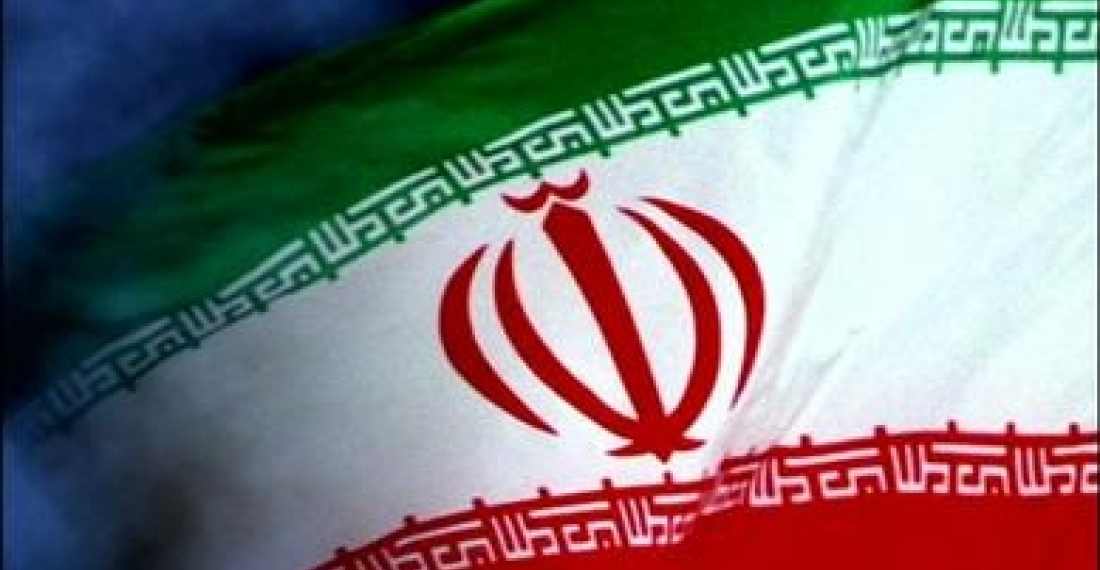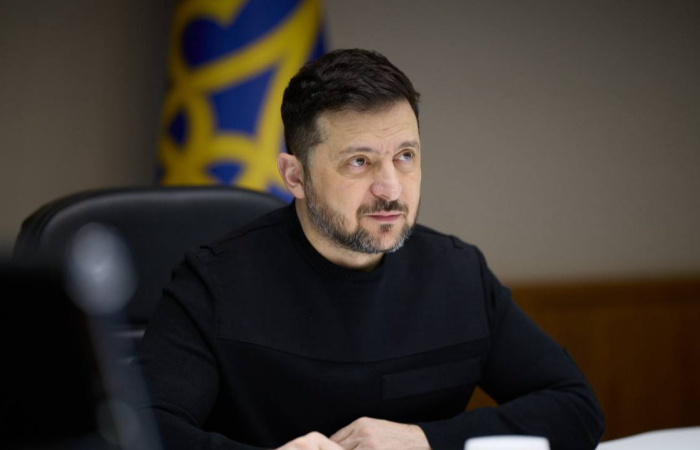President of Iran Mahmoud Ahmadinejad on Friday received Armenian Foreign Minister Edward Nalbandian, on the sidelines of the 16th NAM Summit, the Armenian Foreign Ministry reported.
Welcoming Nalbandian, the Iranian president expressed warm memories of his visit to Armenia in December and said that the arrangements achieved with the President of Armenia Serzh Sargsyan are currently being fulfilled.
Minister Nalbandian congratulated President Ahmadinejad on behalf of Serzh Sargsyan on assuming chairmanship of the Non-Aligned Movement and organization of the Summit at the high level. The two parties highlighted the developing cooperation, the implementation of process of economic projects, the project of Armenia-Iran third high-voltage power transmission lines, construction of the HPP on the River of Araz and construction of the oil pipeline.
In his meeting with Nalbandian, the President said Iran considers no c limit for expansion of relations with Armenia.
Saying that Iran's stance on Armenia, Azerbaijan and Karabakh is crystal clear, President Ahmadinejad said certainly, Iran has been following up its clear-cut and fair stance, trying to forge understanding and raise a fair solution to problems.
The Armenian FM for his part said Armenia attaches high significance to accords and NAM statement. He urged all-out expansion of relations with Iran.
While in Tehran Minister Nalbandian had a meeting also with Ali Larijani, Speaker of Majlis [Iranian Parliament]. Nalbandian stressed the importance of effective cooperation of the Armenian and Iranian legislative bodies, formation of friendship groups in the newly elected parliaments of the two countries. The two parties discussed also issues on the bilateral agenda and a number of regional problems.







